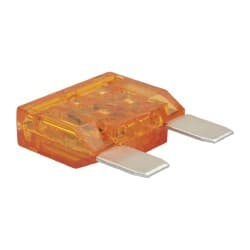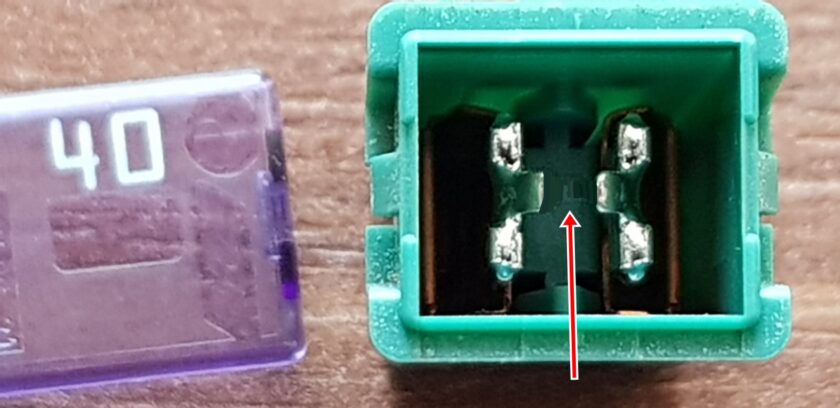
Cause 4: An Arc FaultĪrc faults result from problems with wiring and terminal connections–for example, a loose terminal screw. Call an electrician if something is still amiss. Be sure and test all affected system components and electrical devices. The Fix: This is essentially the same as the fix for a short circuit. That’s why kitchens and bathrooms usually are equipped with GFCI ( ground fault circuit interrupter) outlets. The danger of shock increases when a person is in direct contact with the weak path to the ground. Cause 3: A Ground FaultĪ ground fault is a specific type of short circuit in which the unintentional pathway of the straying electrical current flows directly to the earth (ground) or touches a grounded part of the system (such as a grounding wire or the electric box). If it trips again, though, call an electrician. If there is none, flip the breaker switch back to its operating position. If you see any damage, call an electrician before doing anything else with it. First, test the circuit. Then check for any damage on or around the electrical panel. The Fix: Make sure the faulty device is unplugged and there is no damage to the outlet. Short circuits are typically stopped by circuit breakers, though, hence their name. A short circuit might even cause the electrical device responsible for it to be destroyed. Overloaded wires will overflow and cause damage. This causes excessive current flow in the power source by way of the “short” or “fault.” The result is a weak connection between the two conductors supplying electrical power to the circuit. Faults, in general, occur when an electrical current strays beyond its intended path (circuit) due to a lack of resistance (e.g., from insulation or a circuit breaker). Cause 2: A Short CircuitĪ short circuit is a type of electrical fault. Find outlets on other circuits to plug into or (better yet) unplug what you aren’t using. The Fix: Cut back on all that power that’s tapping a single circuit. Picture a power strip with a plugin every outlet it has, especially if what’s plugged in are high-energy-users. You should be able to spot the culprit in this case by looking for an outlet or maybe an individual appliance that’s being used to heavily. And call your electrician if necessary or you’re in doubt. If you’re wondering what actually went wrong when your “fuse blew,” take a look at the following list. Much of the time, it’s technically inaccurate to refer to a “blown fuse,” so in this article, we’ll offer you some new concepts and vocabulary to describe your various electrical concerns. The breakers reset and can be “switched back on”–so there is no need to replace anything. The destroyed fuse must then be replaced with a new one.Ĭircuit breakers, on the other hand, have internal switches that are tripped by electrical surges to temporarily disable a given circuit. This is what stops the fault (aka “short” or “power surge”). You will see that the fuse has melted, and there might be charring on the panel.Ī true fuse typically consists of a piece of metal, most commonly an encased wire, that actually melts when overheated.
40 amp fuse blown how to#
You might be wondering, then, how to tell if a fuse is blown–an actual fuse, that is. This makes it hard to answer the question, “Why do fuses blow?” Yet people commonly use the expression “blown fuse” to describe just about any unexpected electricity-related occurrence, especially one involving a loss of power.Ī “blown fuse” can mean many different things–several of which have little to do with actual fuses. Most people nowadays have had the old-fashioned fuse panels (also known as fuse boxes) in their homes replaced by modern electrical panels with circuit breakers–if the fuse boxes were even still there when they purchased their houses. So today we’re going to guide you through your electrical panel or fuse box, as well as many things in your home that are connected to it, and give you what should prove to be very helpful information.


Blown fuses are a common occurrence.īut how often do you actually think about what might have caused the fuse to blow, much less called an electrician to make sure everything’s OK? If you’re like most people, the answer to that is probably “Never.”

If you’re a homeowner, that person probably is you. Someone always knows what to do when this happens. Most people probably have experienced a blown fuse at one time or another.


 0 kommentar(er)
0 kommentar(er)
